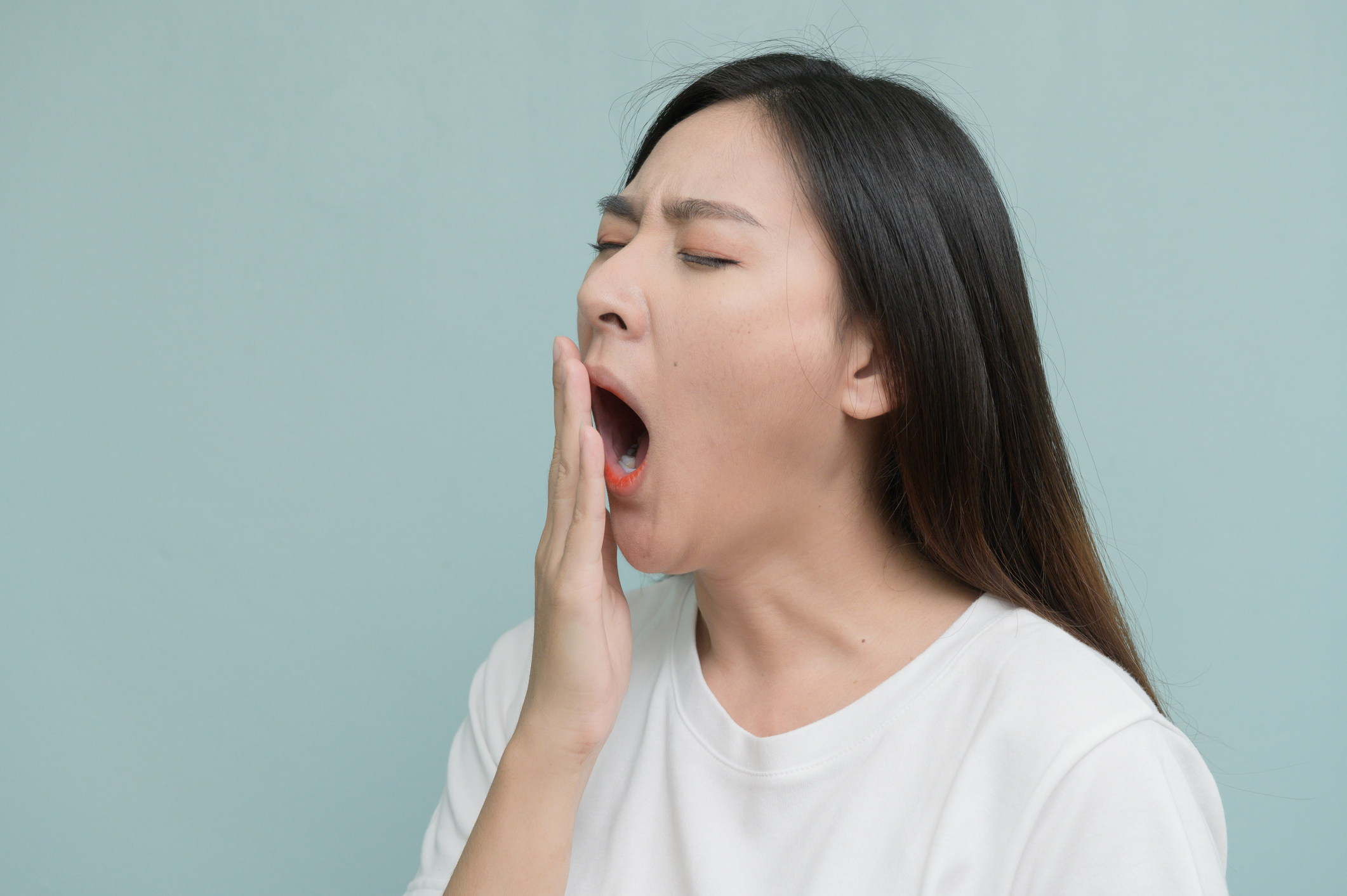
You’re falling asleep…but it’s not the time or place for a nap. How can you stay awake? Read on.
We know, we know…Withings is usually all about telling you how to fall asleep. But there may be times when you need to stay awake—whether you’re driving, getting ready for a test, or even listening to testimony during a certain impeachment trial. (Apparently you’re not even allowed to have coffee there? Yikes.)
Anyway, here at Withings, we want you to be safe, happy, and employed. And we love science. So, just for you, here are a few tips that might help you stay awake—without leaving your seat.
Breathe deeply
Deep breathing raises your blood oxygen levels and helps circulation. WebMD suggests sitting up straight and breathing to your abdomen, not your chest. You can also try a yoga technique called stimulating breath, where you inhale and exhale rapidly through your nose. I know, it looks funny, but probably not as funny as 52 Republicans playing with fidget spinners.
Get outside

Sunlight may help…as Rockefeller University biologist Michael Young, pictured, who won the Nobel Prize for discovering the molecular mechanism of circadian rhythm, could probably attest. Circadian rhythms govern our biological clocks, which regulate sleep, eating behavior, and metabolism. Some research suggests that morning sunlight can help improve your mood during the day and help you sleep better at night. One Washington State University researcher suggests leaving your desk and going outside at lunch. And other studies suggest that spending time in nature can help recharge you and make you more productive.
And if you absolutely can’t leave? Consider asking your doctor to check your vitamin D levels. Your body normally produces it when you’re out in the sun, and if you don’t have enough, it can cause you to feel fatigued and tired. Speaking on a personal level: I was diagnosed with a vitamin D deficiency a few years ago—”every woman in New England has a vitamin D deficiency,” my doctor said—and I was told to take supplements, which really helped.
Get some exercise
We can’t stress this enough—IN THE MORNING, people. Morning exercise can increase your cortisol levels, helping you to feel more awake and be more productive. A University of North Carolina study found that exercising harder is better, too—”moderate to high intensity exercise provokes increases in circulating cortisol levels,” they say. But University of Georgia researchers say that even low-intensity exercise can help to reduce fatigue.
Don’t eat—but do drink
It’s true—in a 2019 study, starvation was shown to induce wakefulness in fruit flies. And in a 2006 Yale study, researchers found that hunger caused better retention of information in mice—in other words, it made them smarter. So if you’re trying to stay awake, maybe hold off on the snacks. Do drink some water, though—it can help keep you hydrated and awake.
We hope this helps you, our government, and anyone who will be required to sit through a ginormous Powerpoint presentation.



